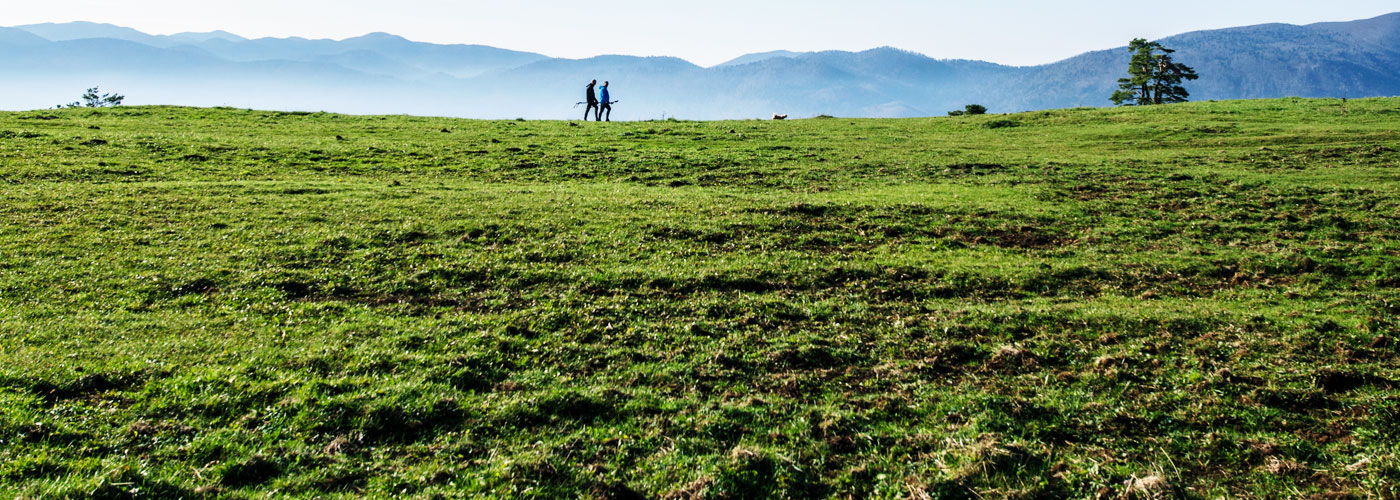In just two years, we had assembled a dream team. My food startup went from me and a laptop in my apartment to working with the most prestigious companies, foundations, celebrities and chefs in the world. Now that the Haiti Moringa Project has gone public, I’m constantly asked how a company as small as Kuli Kuli managed to work with the Clinton Foundation, Whole Foods Market, Timberland and Chef José Andrés’ World Central Kitchen.
If you’re solving a real problem for the world, it’s more likely that foundations and larger companies will see a benefit in working with you. Tweet This Quote
Through this collaboration, Kuli Kuli and the Haitian Smallholder Farmer’s Alliance managed to do the impossible—create a new moringa product that benefits small Haitian moringa farmers, empowers women and plants more trees in one of the most deforested countries in the world. These Moringa Green Energy shots are now launching nationwide with Whole Foods Market. This dream team of partners didn’t happen by itself. Here are a few key things to take into account when your startup is looking to play in the big leagues.
1. Stand for more than profit.
Business as usual has changed. Only 6% of consumers believe the singular purpose of business is to make money for shareholders. Consumers want companies to take the lead on creating social and environmental change—not just through their charitable arms, but also as a part of their core businesses. If your startup is solving a real problem for the world, it’s much more likely that foundations and larger companies will see a benefit in working with you.
Startups are inherently more nimble than their large company counterparts—use this to your advantage. Tweet This Quote
2. Use your size to your advantage.
Most food companies take years to develop new products. We ideated, formulated and launched a new product nationwide in seven months. Startups are inherently more nimble and faster to move than their large company counterparts. Use this nimbleness to your advantage by rapidly prototyping new ideas (see Tom Chi’s TEDx talk) and developing new products that play into a broader, shared purpose that other organizations are likely to get behind.
3. Make time for face time.
Despite Kuli Kuli’s virtually non-existent travel budget, I flew out to New York City for a thirty minute meeting with the Clinton Foundation without knowing if anything would come of it. It was a risk, but one that paid off. We were able to pitch our idea in person to help reforest Haiti with moringa trees, ultimately securing a large grant to make the project happen. Despite all the amenities of our virtual world, there is nothing like a face-to-face meeting to make something happen.
Despite the amenities of our virtual world, there’s nothing like a face-to-face meeting to make something happen. Tweet This Quote
4. Create a credible online presence.
I spend about 20% of my time working with the media, whether it’s pitching to reporters or writing op-eds like this one. This might sound like a lot of time for a startup CEO, but it has paid off. Kuli Kuli has been featured in NPR, Fast Company and hundreds of other publications. This makes large organizations feel more comfortable in working with us because we’ve already been vetted by the media. Additionally, we also invest quite a bit of time in building up our Instagram, Twitter and Facebook accounts to further boost our company’s credibility.
Once you prove you can play in the big leagues, it’s easier for other large organizations to want to work with you. Tweet This Quote
The great thing about forming partnerships with large, well-known organizations is that it feeds off of itself. Once you prove that you’re able to play in the big league, it makes it even easier for other large organizations to want to work with you. Then, before you know it, you won’t be a startup anymore.
Love Kuli Kuli?
Check Out Their Products Here!



